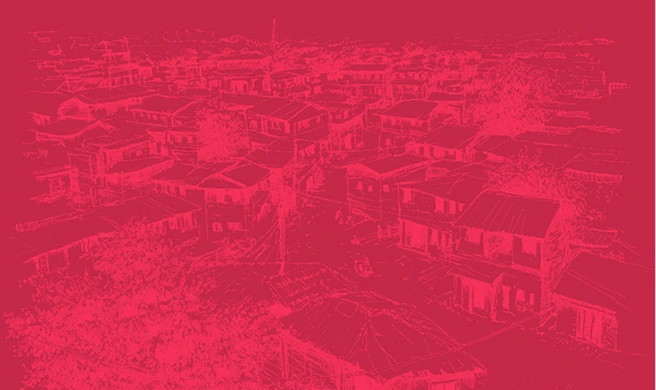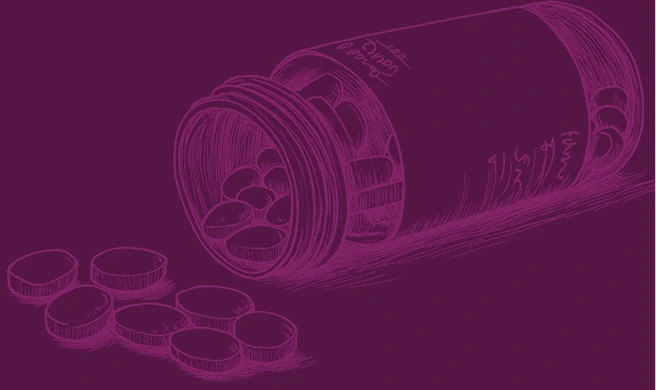Sobre o instrutor:
Dr. Ghulam Rahim Awab is currently a Professor of Public Health and Epidemiology at the Afghan International Islamic University and Senior Researcher with MORU Tropical Health Network. With nearly 30 years of experience, he has dedicated his career to tackling infectious diseases, strengthening health systems, and shaping the next generation of public health professionals. He earned his MD from Kabul Medical University and a PhD in Tropical Medicine from Mahidol University in Thailand, followed by a Welcome Trust Postdoctoral research Fellowship. Dr. Awab’s research, carried out in collaboration with the Mahidol–Oxford Tropical Medicine Research Unit (MORU), focuses on malaria, G6PD deficiency, Typhoid seroprevalence and treatment effectiveness. He has published more than 40 scientific papers and played a key role in developing Afghanistan’s national malaria and leishmaniasis control strategies. Passionate about education and mentorship, he has guided hundreds of students and health professionals toward advancing evidence-based public health across the region.
Resumo do seminário
The presentation provided an in-depth overview of the malaria situation in Afghanistan and its alignment with trends across the Eastern Mediterranean Region. It examined national and provincial data to identify where transmission remains most intense, seasonal patterns, and key drivers influencing malaria risk.The session also reviewed the structure of Afghanistan’s malaria program, outlining its strategies, recent successes, and persistent gaps. By assessing intervention coverage and program performance, the presentation highlighted the major challenges hindering elimination efforts and the operational constraints faced in the field.It concluded with a set of priority opportunities and action points, supported by a monitoring framework and a 12-month action plan for 2025–2026, aimed at strengthening surveillance, improving response capacity, and accelerating Afghanistan’s progress toward malaria elimination.
Seminários relacionados



